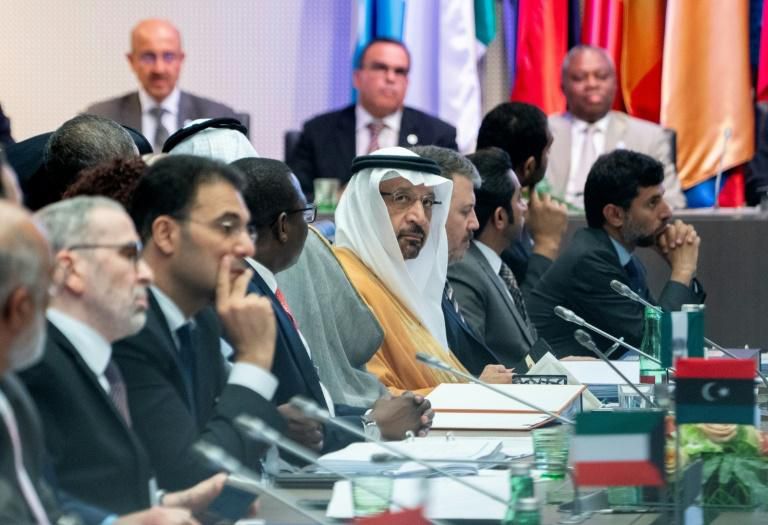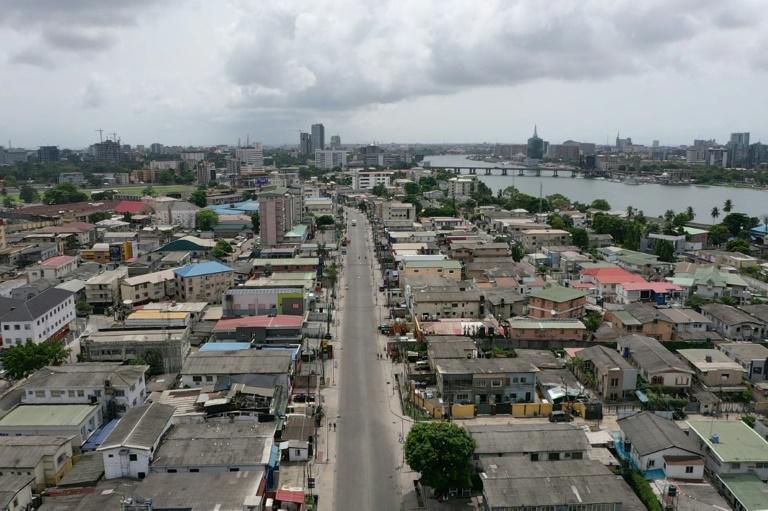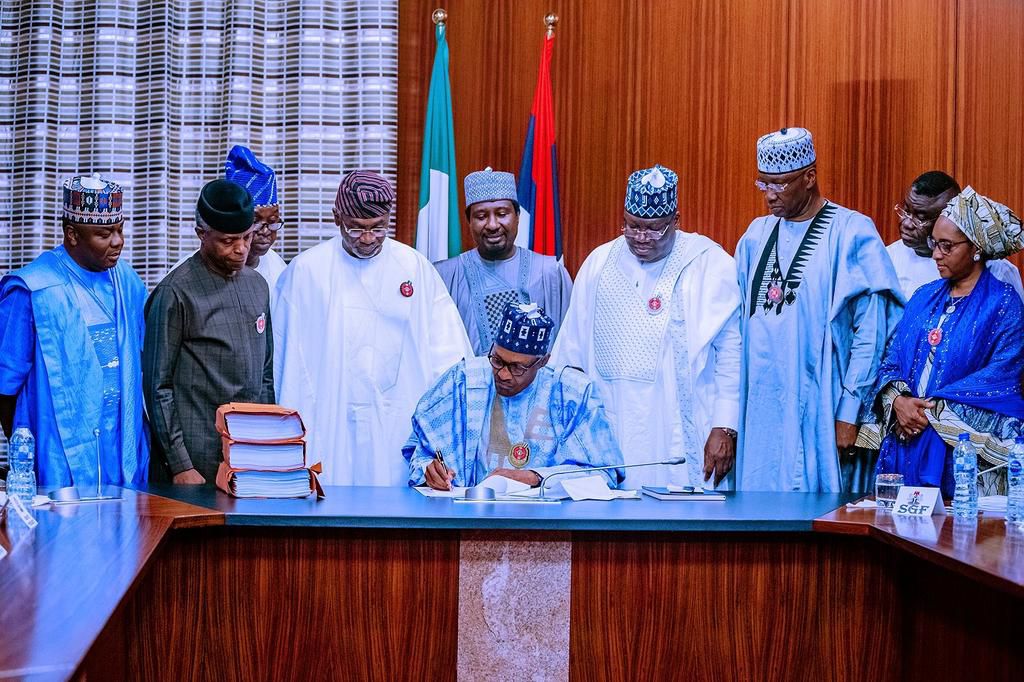Here's what the low price of crude oil means for every Nigerian [Explainer]
![President Muhammadu Buhari. [Premium Times]](https://image.api.sportal365.com/process/smp-images-production/pulse.ng/17082024/2dc7148b-b15c-49a5-a3e7-3369a763dd63?operations=autocrop(700:467))
On Monday, April 20, 2020, the price of US oil turned negative for the first time in history.
The price of a barrel of West Texas Intermediate (WTI), which is the benchmark for US oil, fell as low as minus $37.63 a barrel.
Which implies that US oil basically sold for free on the day, even though at the time of writing this explainer, the price of US oil is back in positive territory.

Oil producers are now basically paying buyers to take the commodity off their hands because there’s nowhere to store the excess oil that is still being pumped.
A production cut deal reached between Russia, Saudi Arabia and OPEC, has proved too little, too late.
How did we get here?
Well, the novel coronavirus (COVID-19) is to blame. There’s no demand for oil right now because most of the world is not flying, driving to work, heading to the mall to pick up groceries or traveling.
When last did you drive out since the Nigerian governments imposed lockdowns in most cities? Exactly!

Across the world, industrial and economic activities have ground to a halt as governments extend shutdowns in a bid to curb the spread of COVID-19.
With most of the world's population forced to sit at home because of the pandemic, the price of crude was always going to plummet. It’s a no-brainer.
And there was always going to be a global recession post COVID-19.
So, what’s up with Nigerian oil at the moment?
The Nigerian brand of crude oil in high demand in the international market is called Bonny Light (sweet crude). The benchmark for Bonny Light is called Brent crude or international oil.
Brent crude is not in negative territory at the moment, as it’s still selling for around $26/barrel.
However, demand for crude oil globally--whether WTI or Brent--is very low right now. There’s an oversupply or glut in the market and demand is very low.
![Nigeria loses $41.9bn to crude oil theft in 10 years – NEITI. [aljazirahnews]](https://image.api.sportal365.com/process/smp-images-production/pulse.ng/25072024/fab47650-99cf-4a6f-a551-3b66f5f0ea26)
So, yes, Nigeria is in a bad place as well. All oil producing nations are in a bad place at the moment.
With 2.5 million barrels of oil per day, Nigeria is the sixth largest producer of oil in the world and Africa’s number one oil producer.
Oil contributes some 8.6 percent to Nigeria’s GDP.
Nigeria is heavily dependent on oil which accounts for about 90 percent of export earnings and over 70 percent of total government revenues.
What does this mean for the Nigerian economy?
The World Bank and International Monetary Fund (IMF) have already predicted that Nigeria and most countries around the world will plunge into a recession because of the coronavirus pandemic.
The Gross Domestic Product (GDP) of sub-Saharan Africa is expected to contract 1.6 percent this year, compared to 3.1 percent growth last year, as the coronavirus pandemic wrecks the region’s economies.
For Nigeria, the IMF forecasts GDP to fall 3.4 percent in 2020 after growing 2.2 percent in 2019.
It’s also worth noting that President Muhammadu Buhari signed the $34.62 billion (N10.59 trillion) 2020 budget into law back in December, on an oil benchmark of $57/barrel.

With oil now selling for less than the budget benchmark, Nigeria may not be able to finance its 2020 appropriation act. This means the president and his team have to look for money elsewhere to construct roads, build hospitals, pay salaries or finance any educational or healthcare projects.
There will also be less money in circulation or less liquidity in the Nigerian economy because government is still the nation's biggest spender and this state of affairs will affect the public and private sectors.
There's already talk of debt forgiveness for Nigeria and other countries in sub-Saharan Africa. Also remember that not a lot of countries would have the money to lend to developing economies when all of this is over.

)
)
)
)
)
)
)
)
)
)
)
)
)